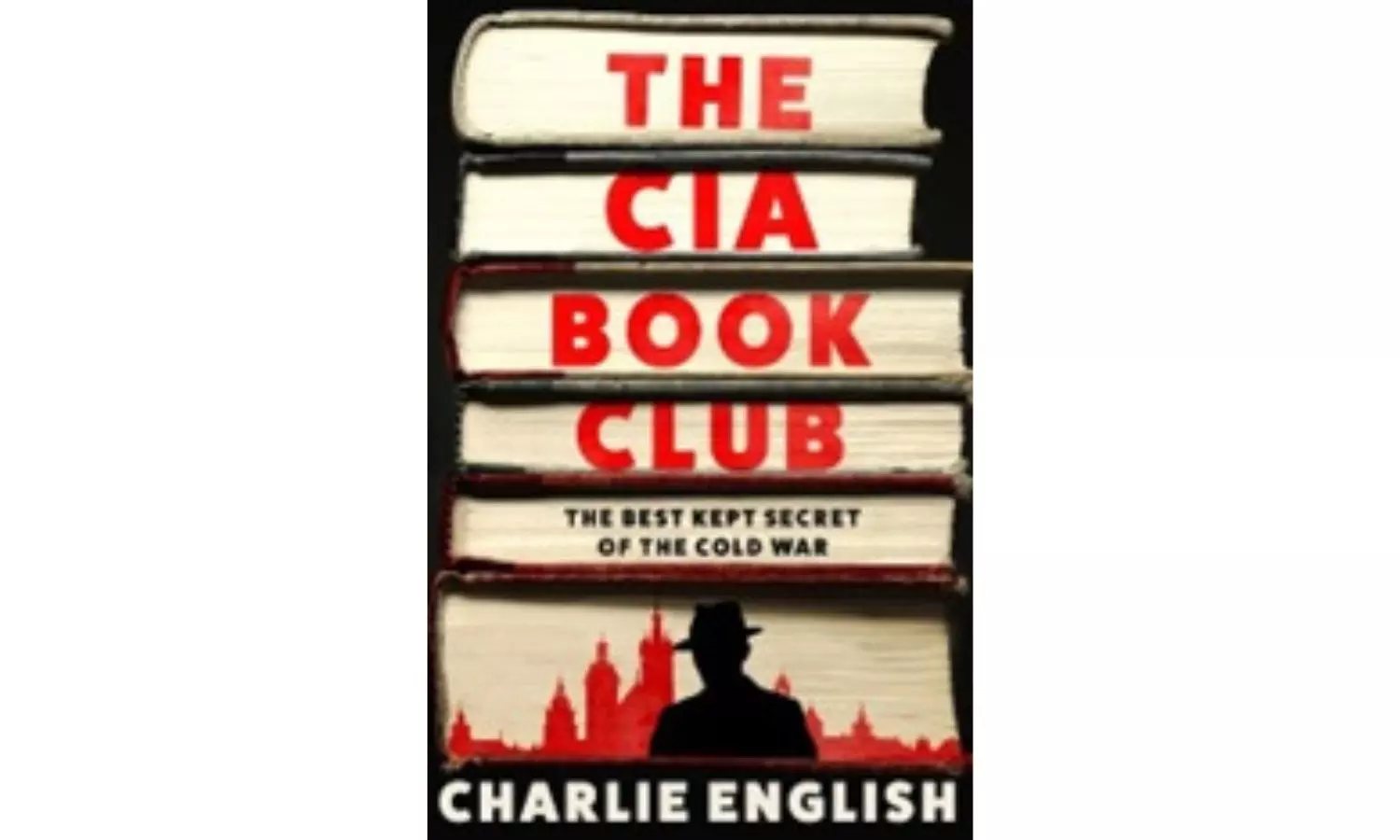Book Review | How Literature Rent The Iron Curtain
Not only that, ideas have and continue to be used by governments and other powerful institutions to further their interests

Economist and philosopher John Maynard Keynes, warning us about the power and the inherent danger of ideas, once wrote: “I am sure that the power of vested interests is vastly exaggerated compared with the gradual encroachment of ideas… sooner or later, it is ideas, not vested interests, which are dangerous for good or evil.”
Not only that, ideas have and continue to be used by governments and other powerful institutions to further their interests. The aim is to dominate the narrative, to convince people about what they should consider right and wrong, good and evil.
Charlie English adds a fascinating chapter to the history of the battles of the narrative in his work, The CIA Book Club. The US government through its covert agency spent millions of dollars to influence people in eastern (and perhaps western) Europe to view the Soviet Union as an unmitigated evil and encourage revolt. The aim was to change the mindset of people across the Iron Curtain and thus weaken the monolithic Soviet Bloc from within.
This was done, among other means, through the agency of covert book clubs funded and supplied with literature by the CIA. The impact of the covert subversion of Soviet bloc countries through books was devastating, according to the author.
“The impact of this literary tide was huge. Poland was the most crucial of Eastern Bloc nations: when communism collapsed in 1989, this was the first domino to fall, and it was literature that won the war here, as the Polish dissident Adam Michnik maintained. ‘We should build a monument to books,” he told me. ‘I am convinced it was books that were victorious in the fight…what some suspected, but very few knew for sure, was that the uncensored literature flooding the country wasn’t reaching Poles by chance. It was sent as part of a decades long US intelligence operation known in Washington as ‘The CIA book program’, and part of the programme’s strategy was to build up circulating libraries of illicit books on the far side of the Iron Curtain.”
The book chronicles the lives and amazing struggles of a host of covert operatives handling the business of pushing books that promoted liberal ideas and denigrated totalitarian views. The book’s real heroes of course are the brave individuals in the communist bloc countries who were actually smuggling in the banned books — like Orwell’s 1984 and Animal Farm, and Aleksandr Solzhenitsyn’s Gulag Archipelago — and distributing them clandestinely, often at great personal risk, to intellectuals, students and common people.
Apart from spreading discontent in the Eastern Bloc, the books smuggled in from the West also proved to be a great source of hope and intellectual freedom.
After reading the book, however, the larger question lingers: The Soviet Union may long have perished but what about Orwell’s larger dystopian world? Is that disconcerting reality really over or does it persist, albeit in a more benign and insidious form? Can we truly claim to be free from ideas subtly promoted by hidden persuaders, vested interests and governments?
The CIA Book Club: The Best-Kept Secret of the Cold War
By Charlie English
HarperCollins
pp. 361; Rs 69
